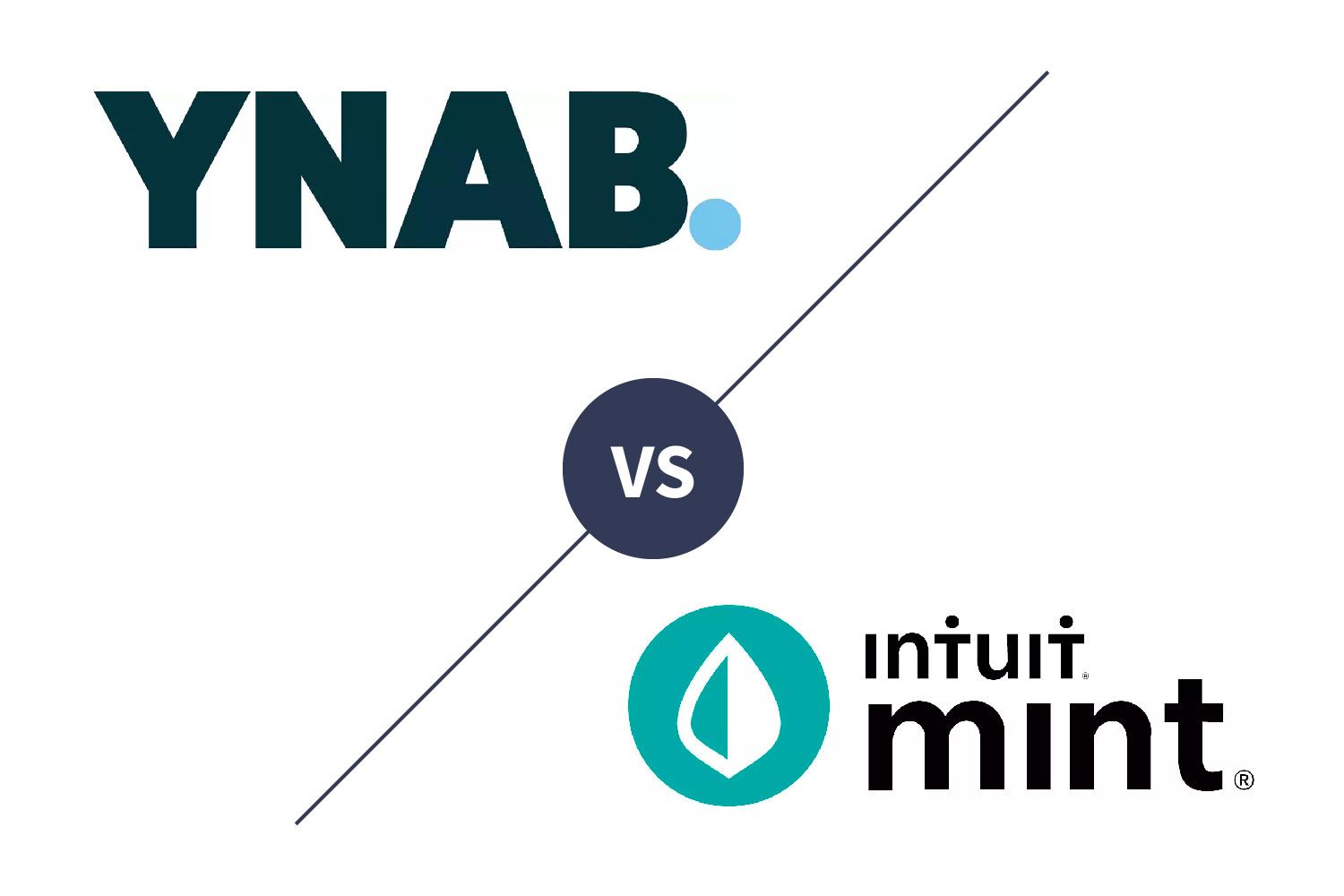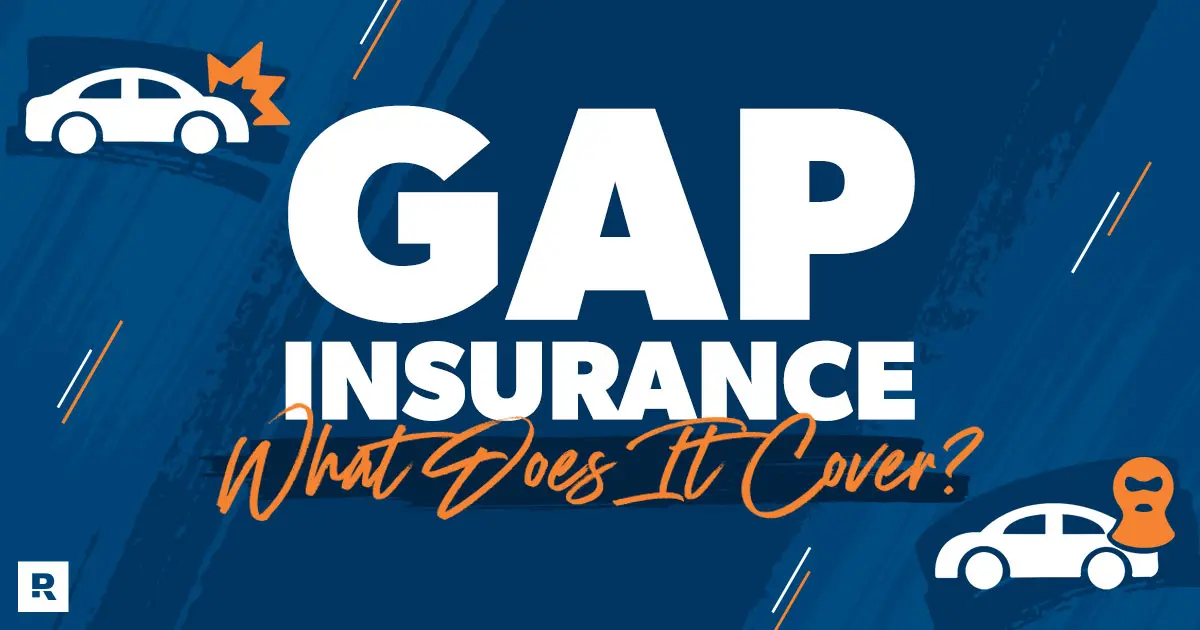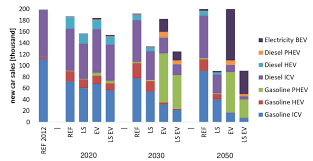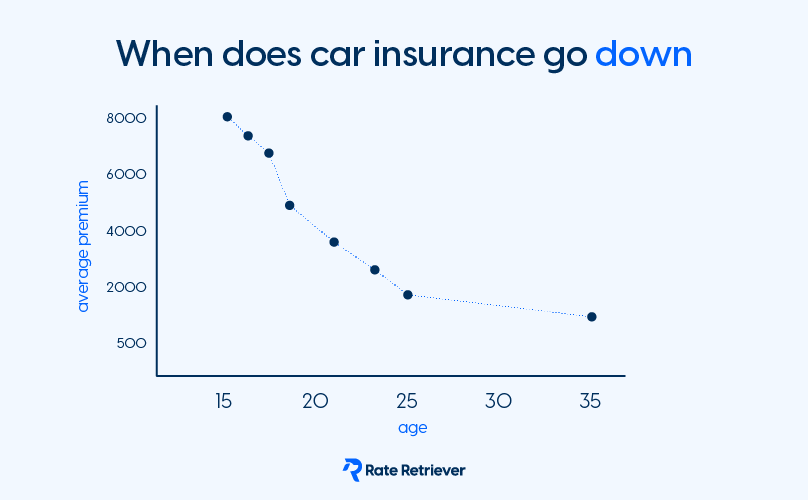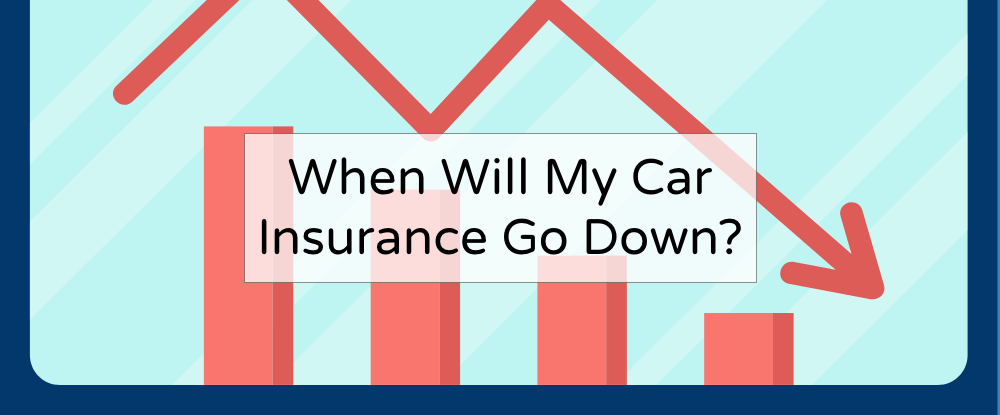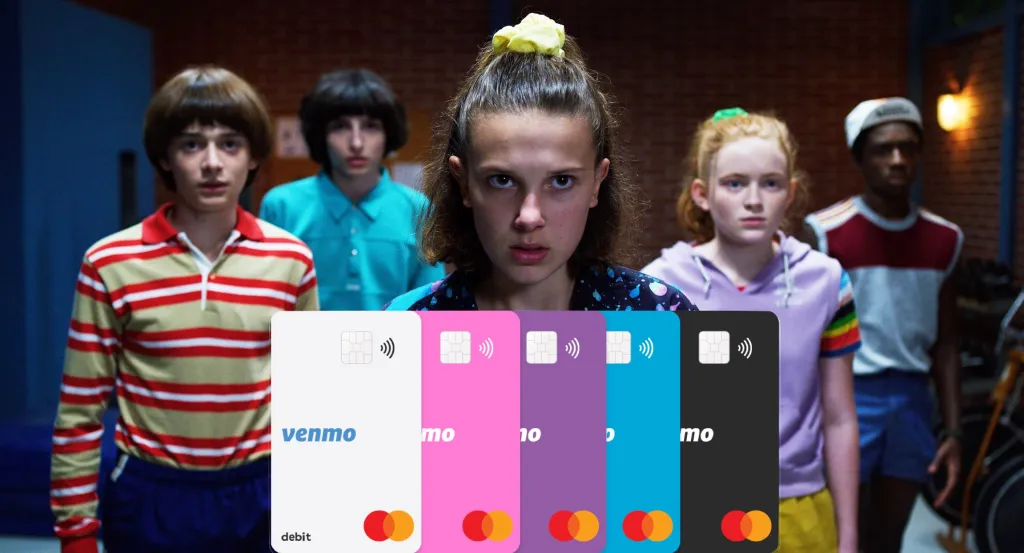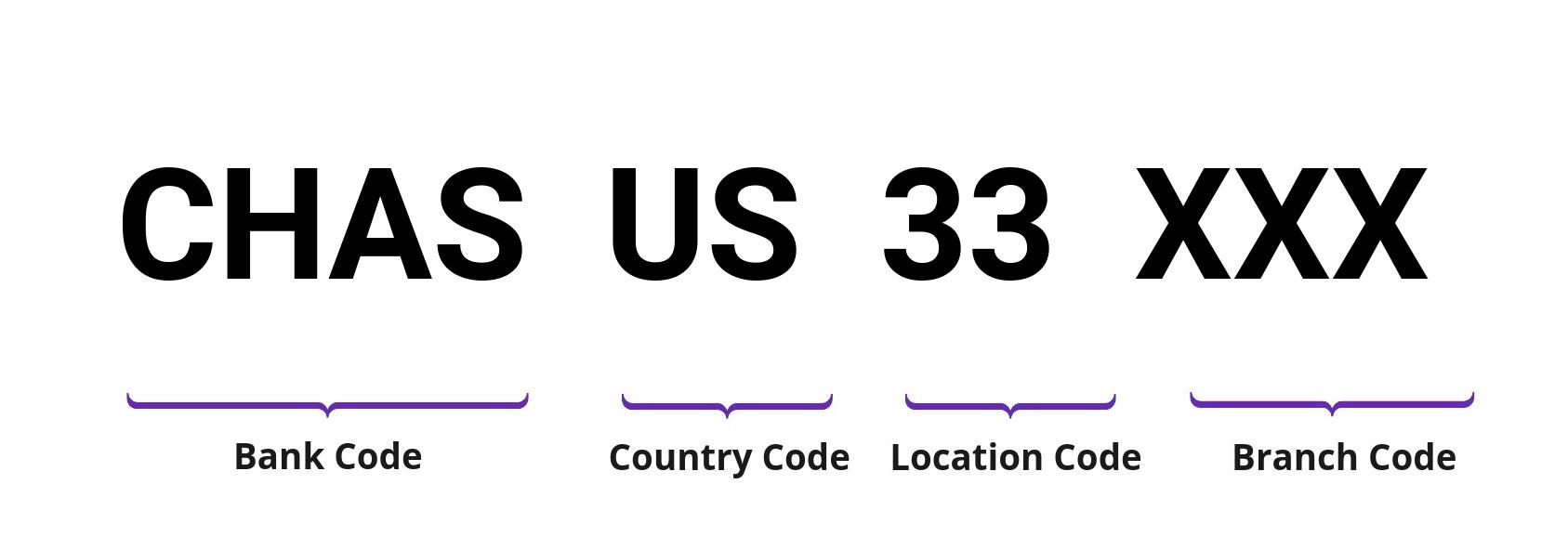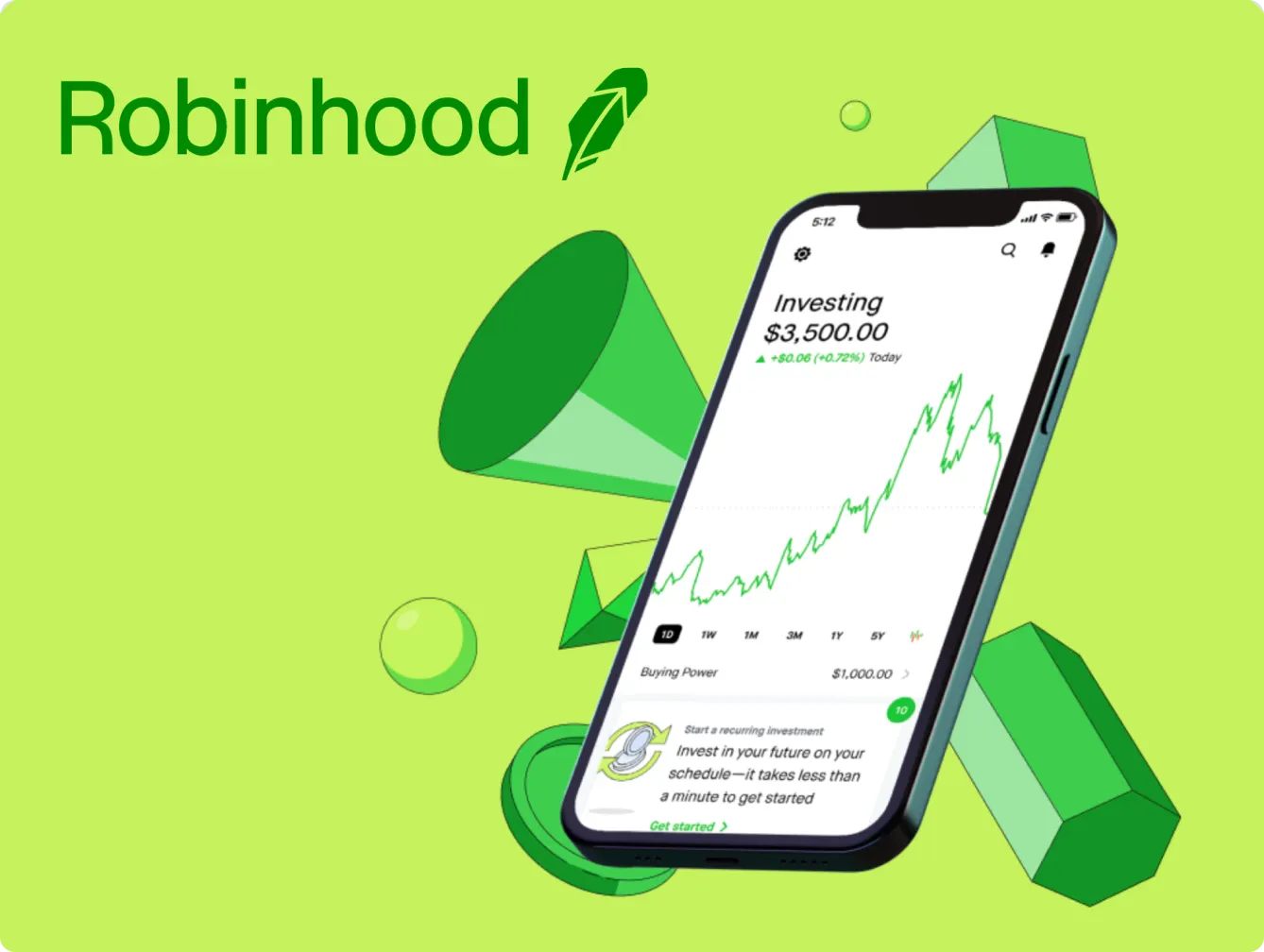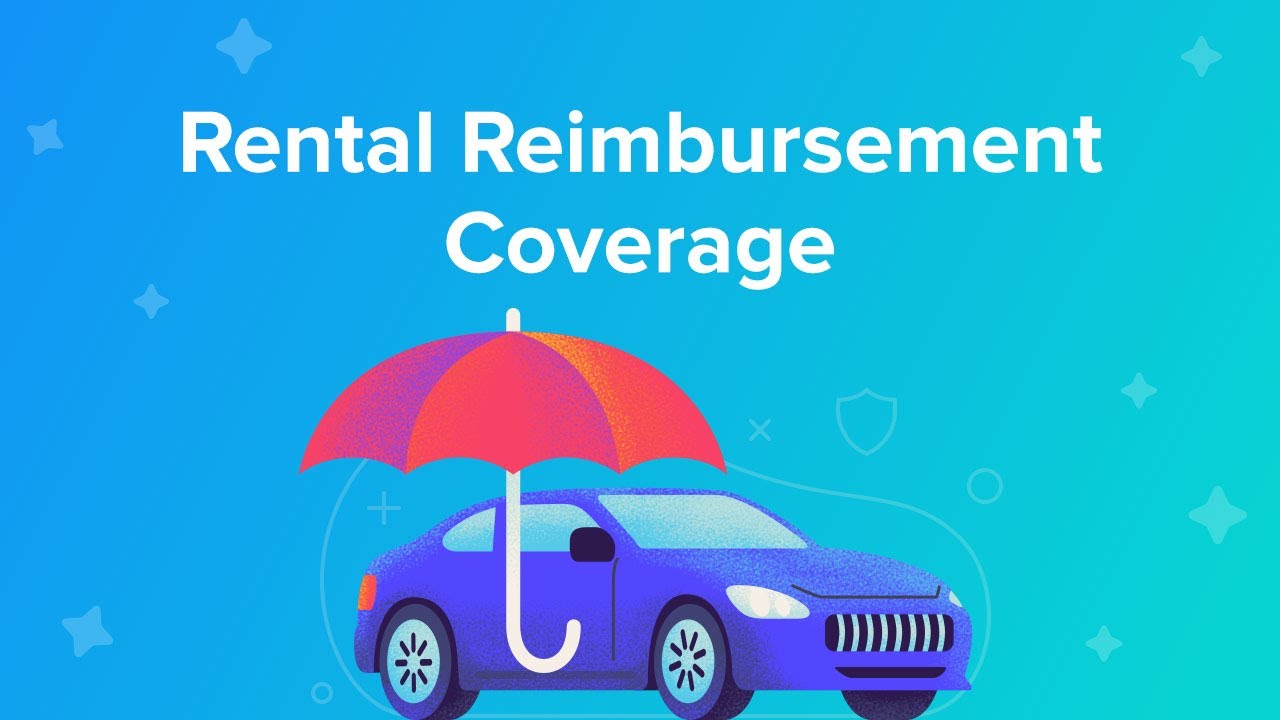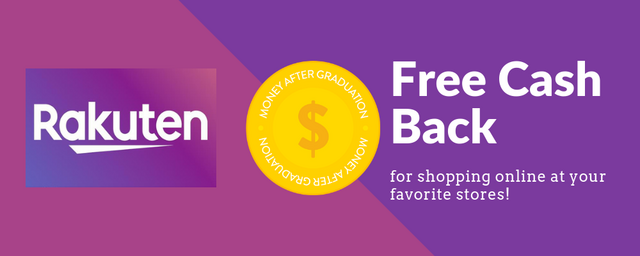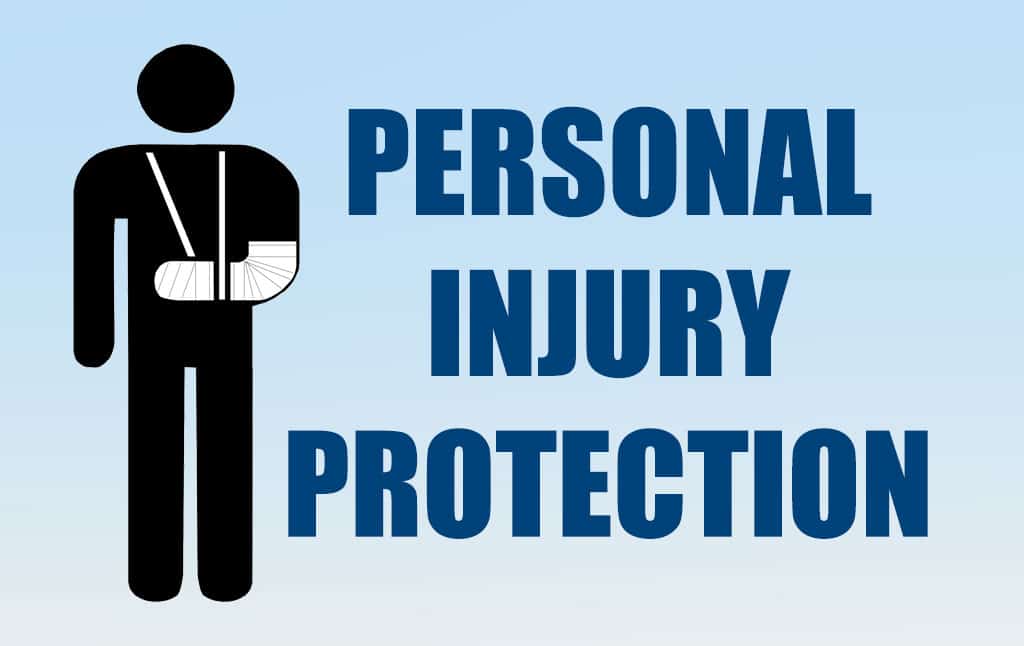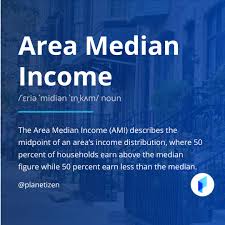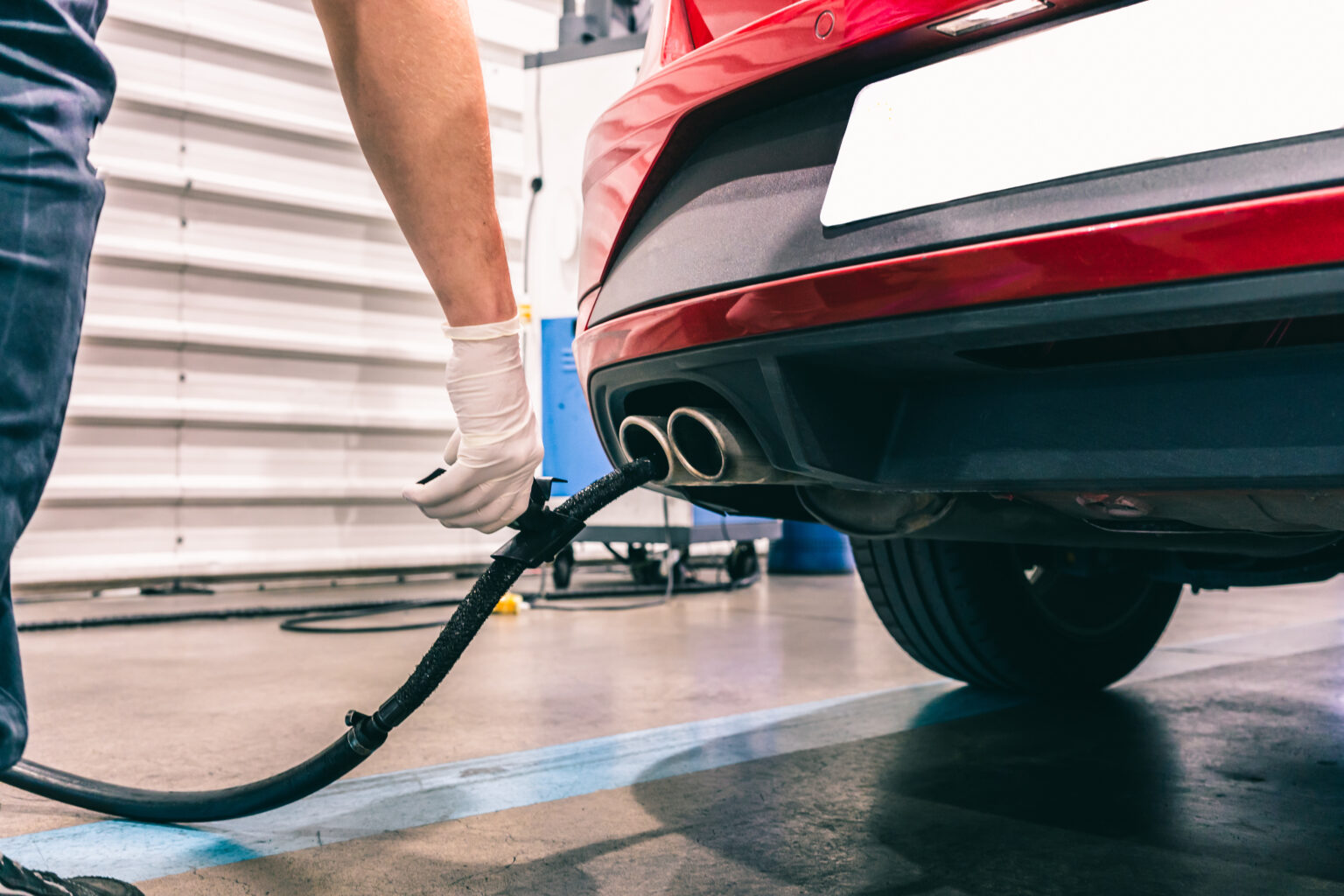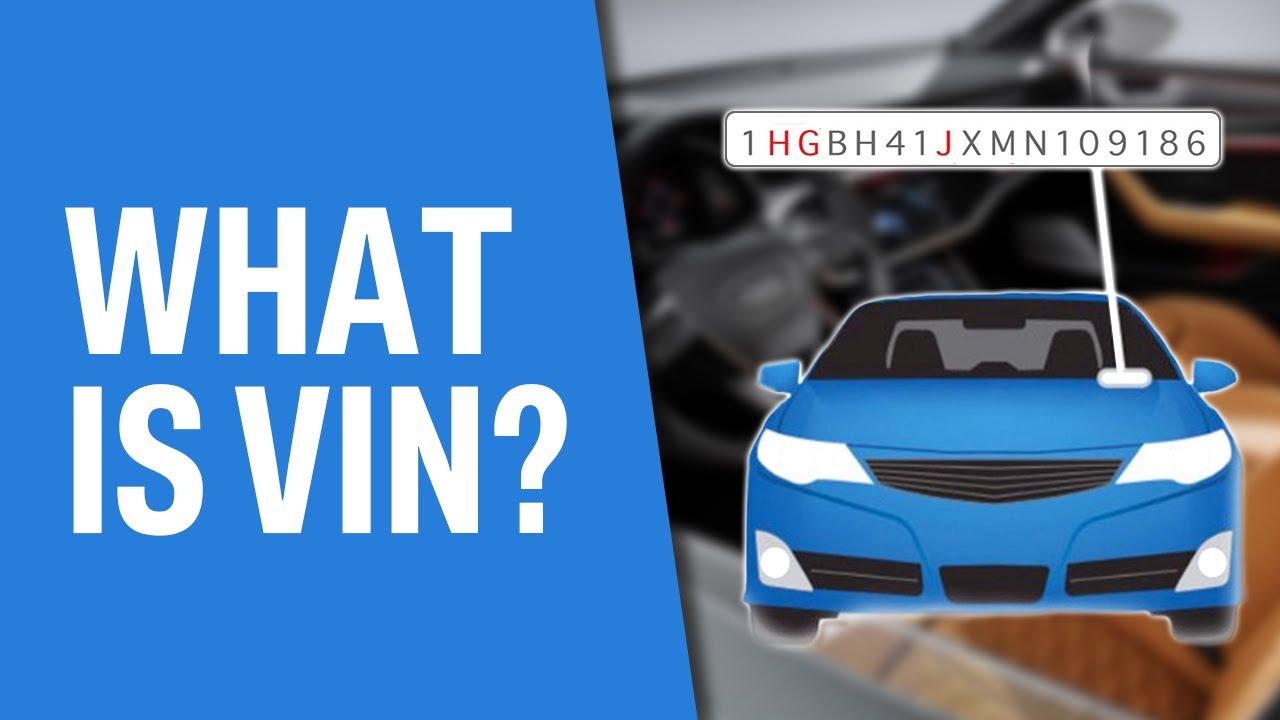When it comes to getting a new set of wheels, one of the biggest questions is: Should you lease or finance a car?
Both options have their perks and drawbacks, and the right choice often depends on your budget, lifestyle, and long-term goals. If you love driving a brand-new car every few years with lower monthly payments, leasing might make sense. But if ownership, customization, and long-term savings matter more, financing (buying) may be the smarter path.
Let’s break it all down so you can confidently choose the option that fits your situation best.
Key Takeaways
- Leasing usually comes with lower monthly payments compared to financing.
- Financing lets you build equity and eventually own your car outright.
- Leasing is great for short-term flexibility, while buying is better for long-term value.
Advantages of Leasing a Car
Leasing is often compared to “renting” a car, but it comes with some benefits you won’t get from a typical rental.
1. Lower Monthly Payments
Leasing usually means your payments are lower than financing the same car. You’re only covering the vehicle’s depreciation during your lease term, not the full price. This means you can often drive a nicer, newer car without paying a premium.
2. Less Worry About Maintenance
Leased cars are usually covered by the manufacturer’s warranty, and many leasing companies include routine maintenance like oil changes. That can mean fewer surprise expenses.
3. Access to the Latest Tech
If you love new gadgets, leasing is a great way to get behind the wheel of the newest models with advanced safety features, infotainment systems, and improved fuel efficiency.
Disadvantages of Leasing a Car
Of course, leasing isn’t perfect. Here’s what to watch out for:
- No equity: Lease payments don’t build ownership — once the lease ends, the car goes back.
- Mileage limits: Most leases cap mileage around 12,000–15,000 miles per year. Go over, and you’ll pay steep penalties.
- Early termination fees: Breaking a lease early can be expensive, sometimes requiring you to pay the remainder of the lease plus penalties.
Advantages of Financing (Buying) a Car
Buying (whether outright or through financing) gives you something leasing never will — ownership.
- You own the car: Every payment builds equity, and once the loan is paid off, you drive payment-free.
- No mileage restrictions: Drive as far as you want without worrying about penalties.
- Freedom to customize: Add aftermarket parts, upgrade your sound system, or use it for rideshare work like Uber or Lyft. Leasing companies usually forbid this.
- Long-term savings: While monthly payments are higher than leasing, owning for 7–10 years can save you thousands compared to perpetually leasing.
Disadvantages of Financing a Car
- Higher monthly payments compared to leasing the same car.
- Bigger upfront costs, often requiring 10–20% down.
- Maintenance is your responsibility once the warranty expires, meaning higher long-term costs.
According to Edmunds, the average new car payment in 2023 hit an all-time high of $736 per month — much higher than most lease payments.
Other Things to Consider
Insurance Costs
Leased cars often require higher insurance coverage limits compared to financed cars, which can raise your premium. Learn more about how leasing affects insurance here.
Wear and Tear Fees
If you return a leased car with dents, scratches, or worn interiors, expect extra fees. With ownership, you don’t have to worry about turning the car back in.
Flexibility
Leasing works well if you like upgrading every 2–3 years. But if you want a car you can keep for a decade, financing is almost always the better deal.
Lease vs Finance: Which Is Right for You?
At the end of the day, the lease or finance a car debate comes down to your lifestyle and financial goals:
- Choose leasing if:
- You want lower monthly payments.
- You like driving new cars with the latest features.
- You don’t drive long distances.
- Choose financing if:
- You want to build equity and eventually own your car.
- You drive a lot or use your car for work.
- You want full control over customization and insurance.
The Bottom Line
Leasing is like renting with perks — lower payments, new technology, and less stress about maintenance. Financing, on the other hand, is an investment in ownership that pays off the longer you keep the car.
Ask yourself: Do I want short-term flexibility or long-term value? Once you know that, the choice between leasing or financing a car becomes much clearer
